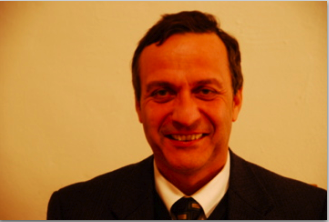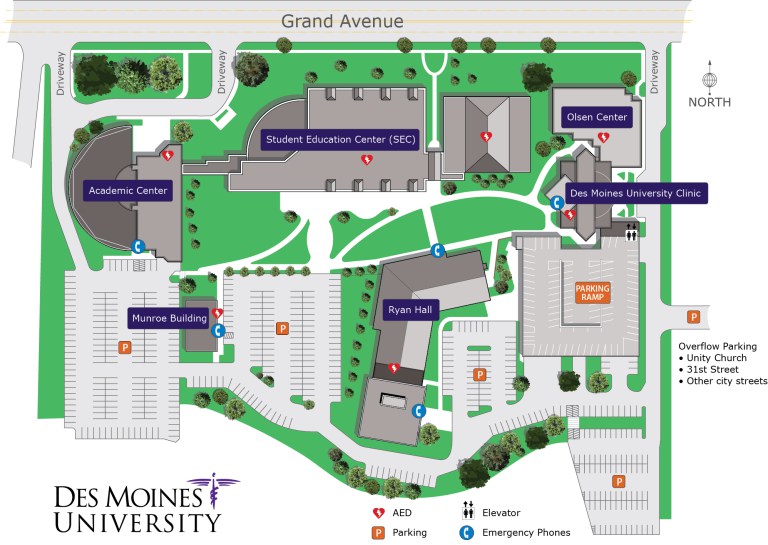
Challenges and Opportunities for Medical Education in Sub-Saharan Africa

| Registration |
|---|
|
Series Description
The Fall 2017 IAMSE Web Seminar Series takes on an increased international flavor as presenters review health professions education around the world each with unique challenges and solutions. The goal of this series is to foster the exchange of ideas in the community of health science educators. Continuing with our longitudinal focus on competency-based-education, the series begins with an overview of medical education in Canada with an emphasis on the initiatives of the International Competencies in Basic Medical Education (ICBME). From the Far East, we will hear a presentation on Chinese medical education (World-China initiative) which places an emphasis on primary care in China. A panel will provide an overview of the European model of health professions education from globalization of education to global healthcare. Another presentation will explore medical education challenges and solutions in Sub-Saharan Africa. The series will conclude with a session focusing on an integrated model of medical care: childhood disease prevention in South America. At the end of the series the audience will be able to identify global challenges and solutions to medical education that may provide valuable perspectives at the local level.
Webinar Description
Over 100 new medical schools are projected to open in Africa over the next decade. These new schools face daunting challenges but are also presented with unique opportunities. This talk will focus on these challenges and opportunities including: the development of context-specific curricula; development of equitable admissions policies; establishment of postgraduate training programs with contextualized accreditation standards; development of sustainable research programs; development inter-and transprofessional programs; and establishment of viable faculty and health worker recruitment and retention policies. The talk will discuss initiatives of consortia such as the former Medical Education Partnership Initiative (MEPI) and the Consortium of New Sub Sahara African Medical Schools (CONSAMS) as models for promoting health professional education in Africa.
Speaker

Quentin Gavin Eichbaum, MD, PhD, MPH, MFA, MMHC, JD, BSc (Med)(Hons), BA (Hons) FACP, FASCP
Director, Vanderbilt Pathology Program in Global Health, Vanderbilt University School of Medicine
Quentin Eichbaum was born and raised in Namibia and South Africa. He initially studied law at the University of Cape Town and then completed his MD, MPH, PhD and postdoctoral studies at Harvard Medical School and the Massachusetts Institute of Technology in Boston followed by residency and fellowship training at Massachusetts General Hospital. He is currently associate professor of Pathology, Microbiology and immunology and associate professor of Medical Education and Administration at Vanderbilt University where he also directs the a fellowship in pathology as well as the Vanderbilt Pathology Program in Global Health and the Vanderbilt Pathology Education Research Group. He serves on numerous national and international global health education and pathology committees, including at ASCP, ASFA, AABB, and chairs the newly established Global Transfusion Forum (GTF) of the AABB. He chairs the Education Committee of the Consortium of Universities for Global Health (CUGH) (the largest academic global health organization in the world with 30 00 members and 157 academic institutions) and serves on the CUGH Board of Directors. He co-founded the Consortium of New Sub-Sahara African Medical Schools (CONSAMS) and is extensively involved in health professional education and clinical medicine in several African countries.
Highlights from the Webinar
- Africa is large and complex that includes wide spectrum of geographies, economies and cultural difference, including over 1000 different languages and dialects.
- No One Size Fits All
- Global health is central in Africa and what they have constructed.
- Competency-based education model or backwards design.
- Three key concepts: Context Global- local; Interdependence in Education; Transformative learning.
- Medical Education Partnership Imitative (MEPI) is no longer replaced with AFREhealth in conjugation with Consortium of Universities for Global Health (CUGH).
Challenges facing New Medical Schools in Africa
- Standards/accreditation
- Admissions
- Assessment and evaluation
- Curriculum
The Problems
- Insufficiently inclusive of input from LMICs.
- Insufficiently context specific
- Unresolved “individualist/collectivists disjunction
- Inadequate assessment methods
Conclusions
- Africa – a large place with complex cultures, policy legacies (colonialist & other)
- Medical education in Africa spans a wide range of resources and modalities in pedagogy, standards/accreditation, curricula, admissions, assessment and evaluation
- Key concepts in global education – contexts, interdependence – Consortia, alliances, networks–MEPI, Consortium of New Southern African Medical Schools (CONSAMS), AFREhealth, CUGH – Role of “global health” in driving change global education, research – Risks of exporting ‘Western’ education into local African contexts
- Problem with competencies in African ‘collectivist’ settings
- Ethics of research; capacitation; science vs humanities

Des Moines University is located on a 22-acre campus in the heart of Des Moines, Iowa. Just west of downtown on Grand Avenue, the University is located in one of Des Moines’ most prestigious neighborhoods. The campus is in a historic neighborhood filled with tree-lined streets and gracious older homes and businesses. Its central location makes it easy to access the rest of the city and outlying communities. The campus is close to the Des Moines International Airport, located on the bus line and just blocks from local shopping and downtown Des Moines.

Available Credit
- 1.00 CE Contact Hour(s)

 Facebook
Facebook X
X LinkedIn
LinkedIn Forward
Forward